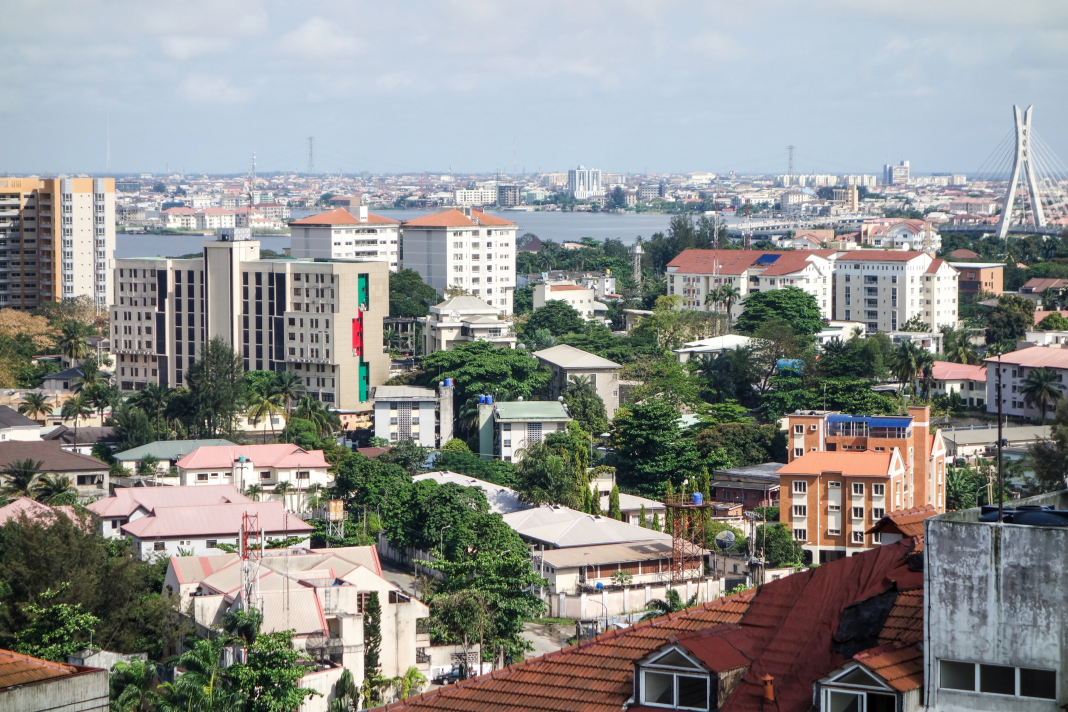Nigeria’s 10 most indebted states increased their combined debt stock by 2.49 per cent year-on-year to N2.48 trillion in the first quarter of 2025, even as total subnational debt dropped slightly, new figures from the Debt Management Office (DMO) show.
The top 10 states now account for a staggering 64.05 per cent of Nigeria’s total subnational debt portfolio, signalling persistent fiscal pressure across the federation despite marginal improvement in overall debt sustainability.
Lagos State maintained its long-standing position as Nigeria’s most indebted subnational, with a total debt of N874.04 billion, down slightly year-on-year. Rivers State followed with N364.39 billion, while Delta State placed third with N204.72 billion.
Ogun State came next with a debt stock of N190.14 billion, just ahead of Enugu, whose debt burden rose sharply to N188.42 billion. Niger State followed with N143.75 billion, while Bauchi recorded N142.40 billion. Benue State stood at N129.82 billion, Imo at N122.09 billion, and Akwa Ibom at N118.21 billion.
The DMO attributed the evolving debt landscape to a blend of fiscal stress, rising infrastructure ambitions, fluctuating oil revenues, and reduced federal allocations. While some states are managing their debt portfolios more prudently, others are increasingly reliant on borrowing to finance budget shortfalls and capital projects.
The data underscores the urgency of fiscal reforms and improved revenue mobilisation at the subnational level, as the rising debt service obligations could crowd out spending on essential services.





